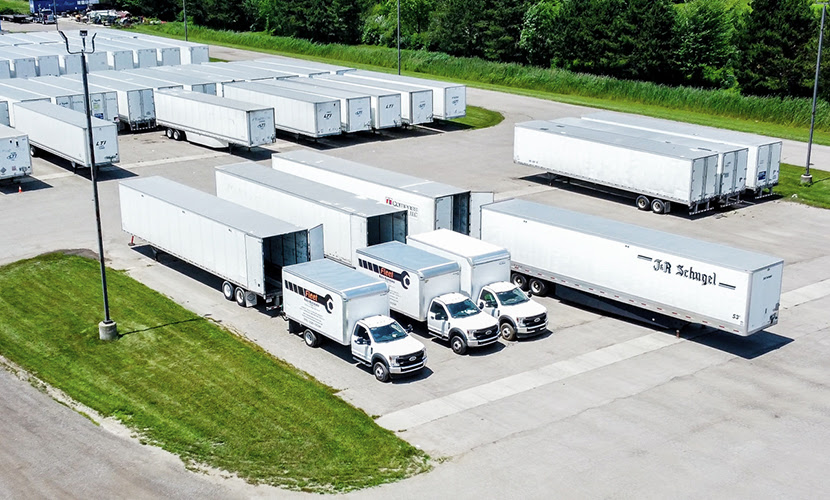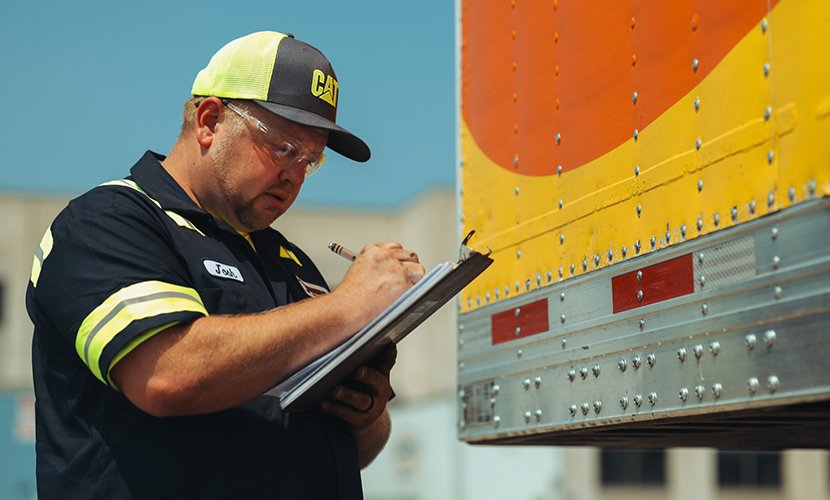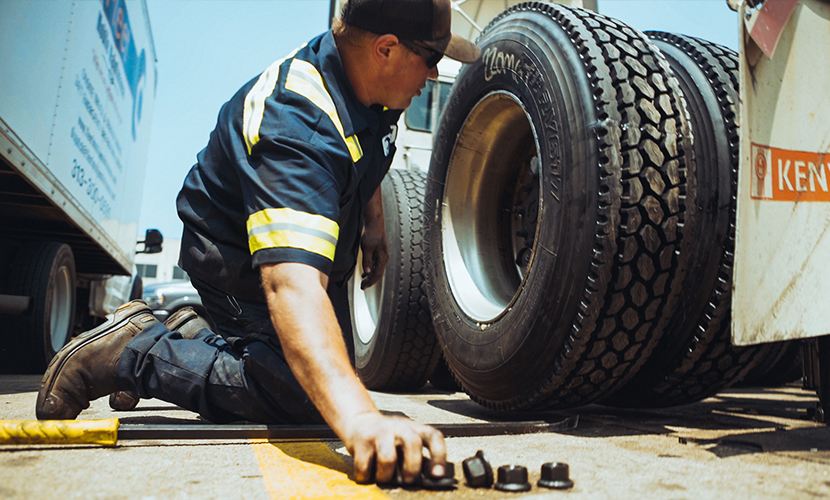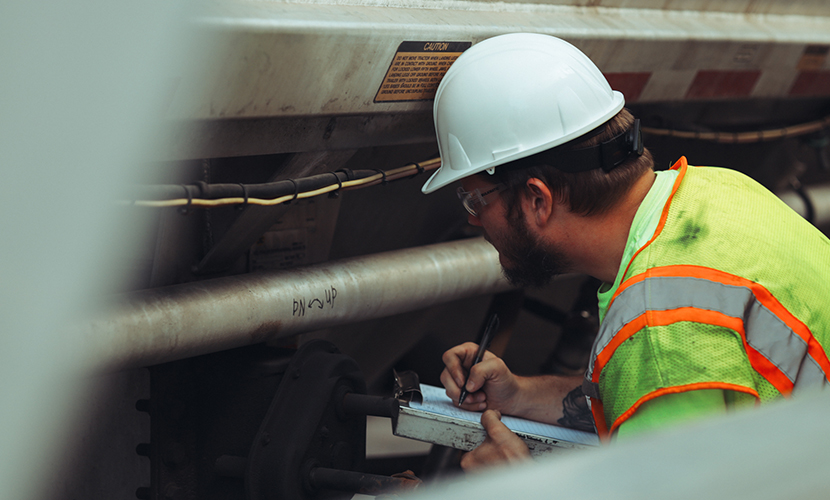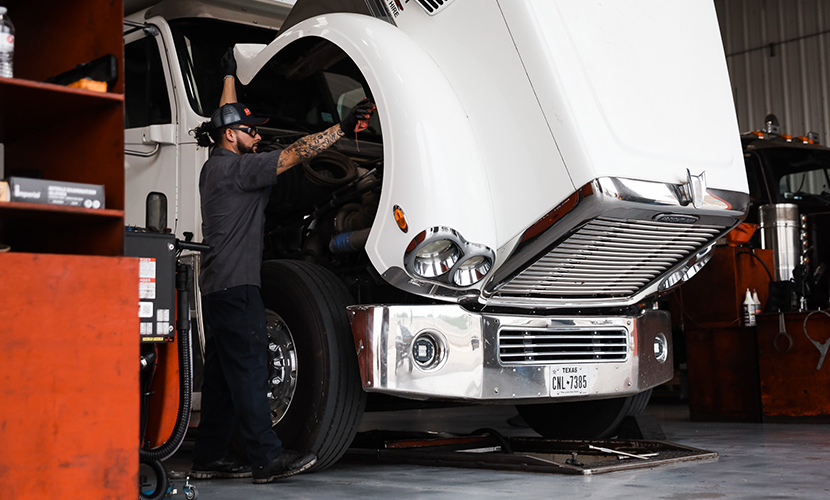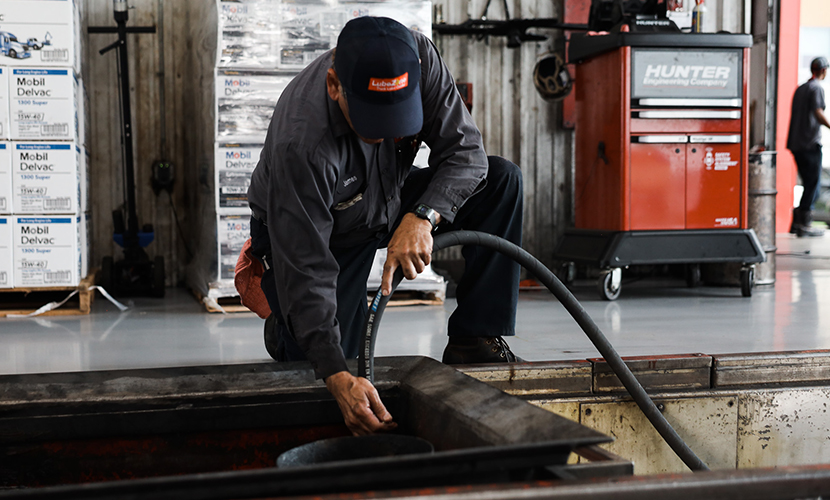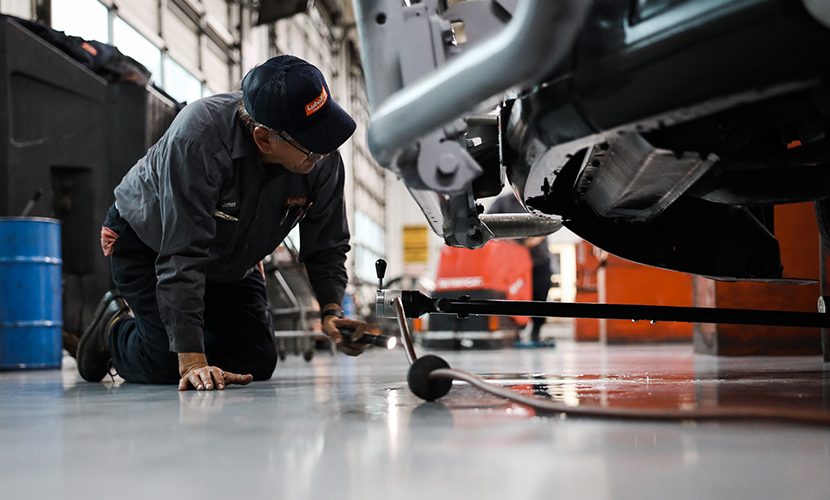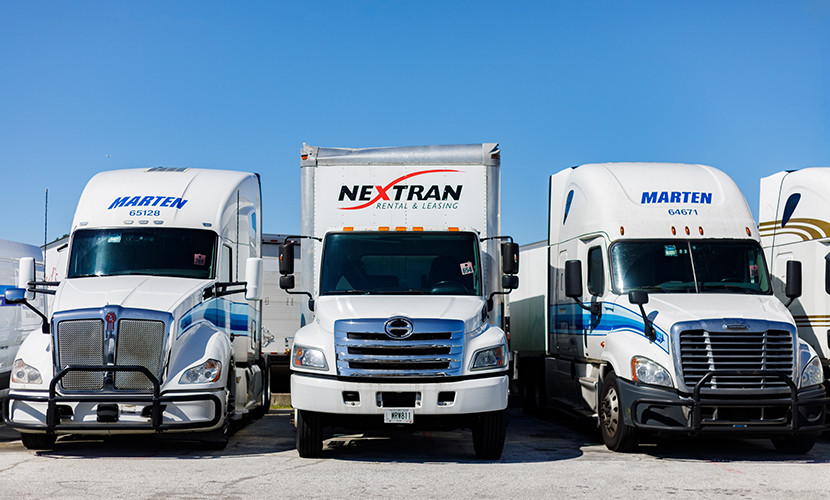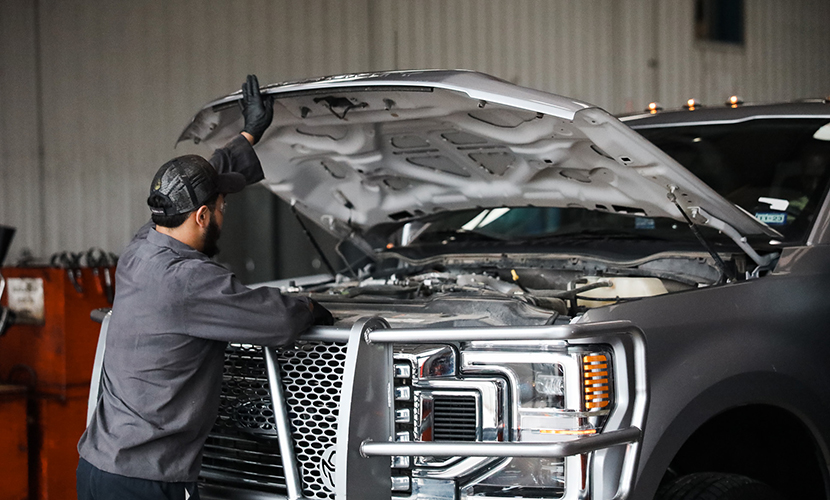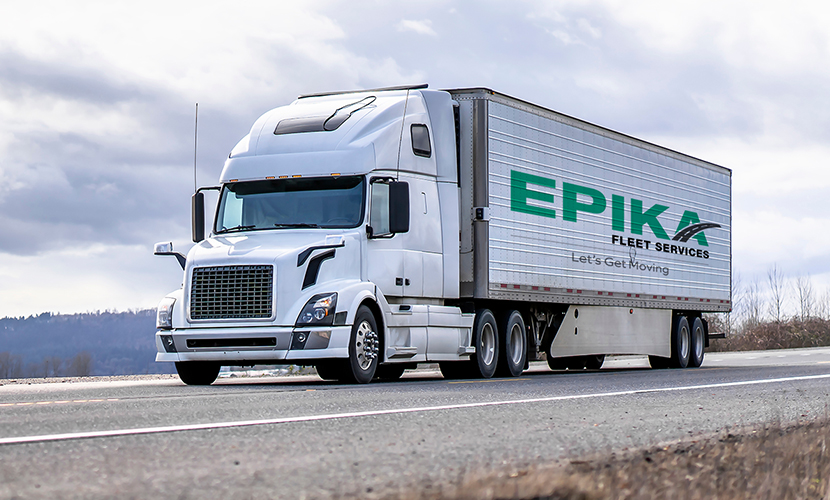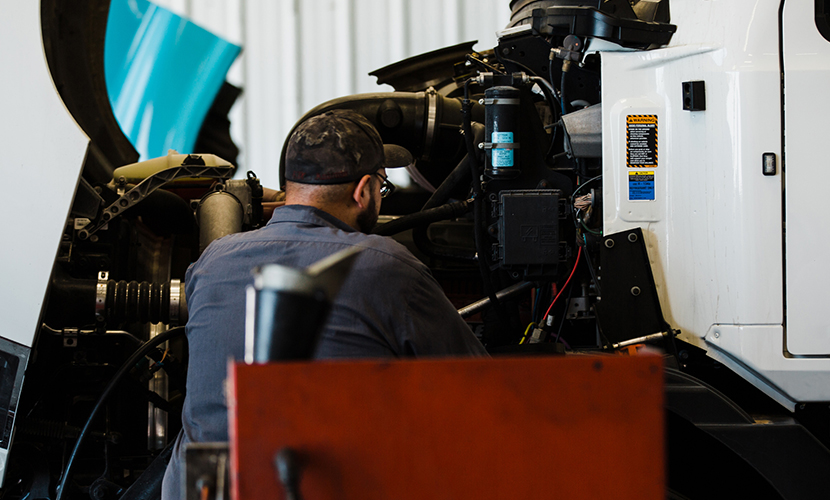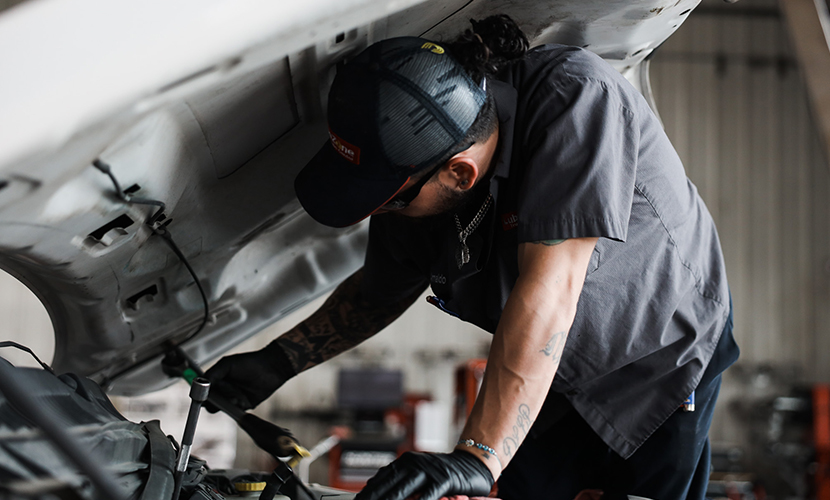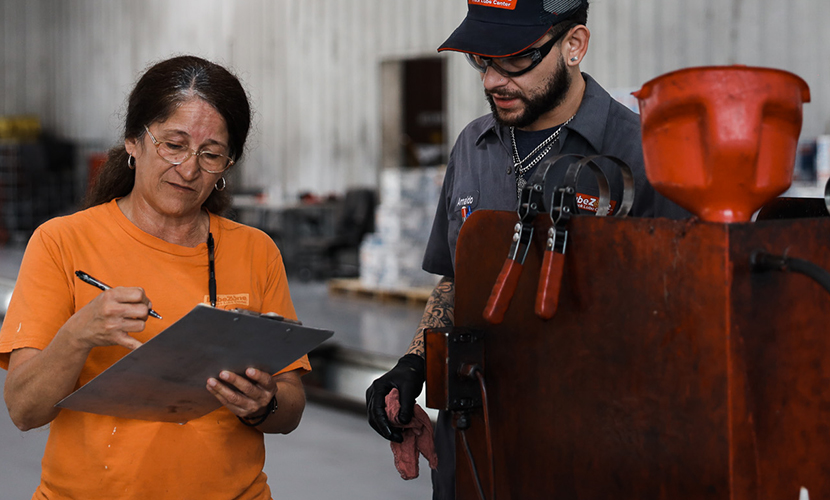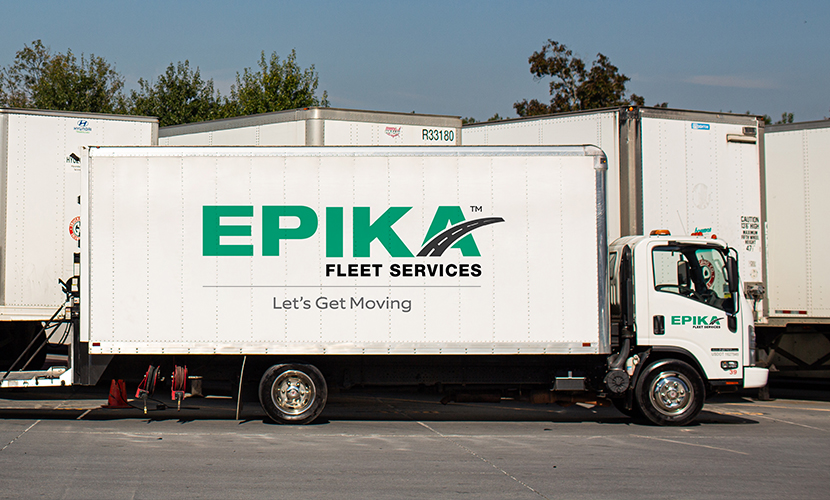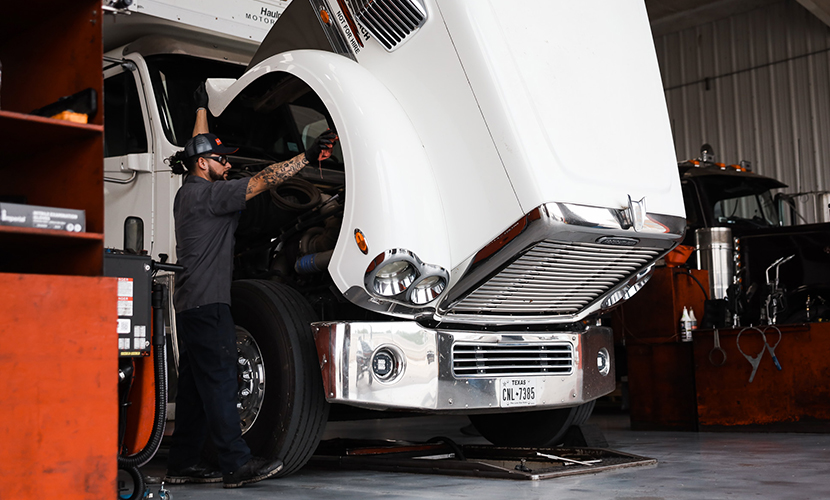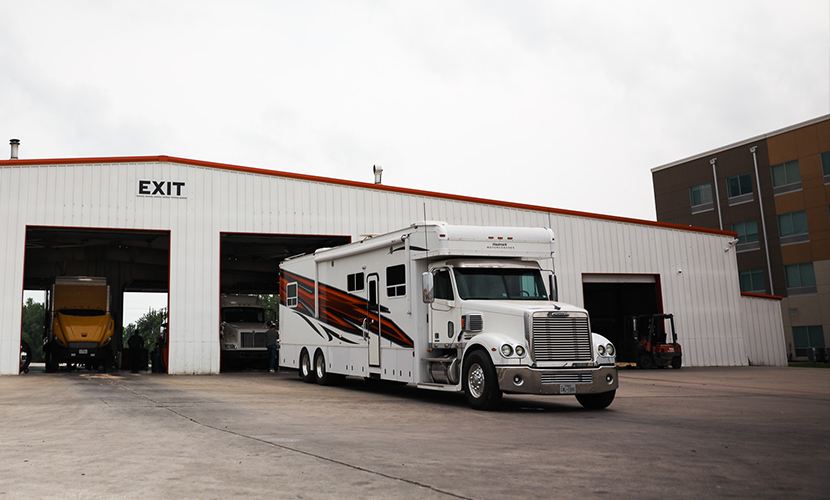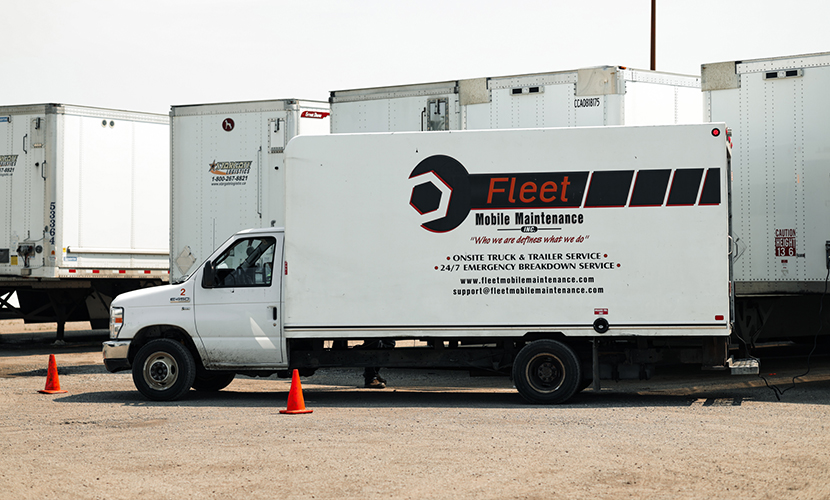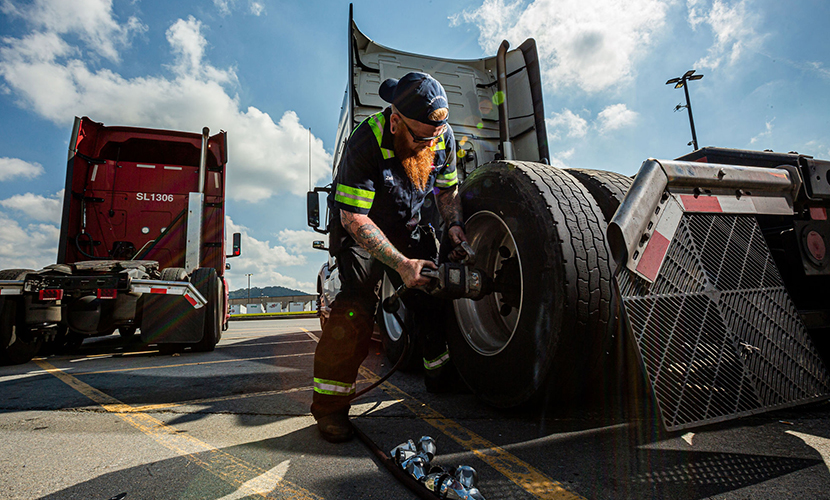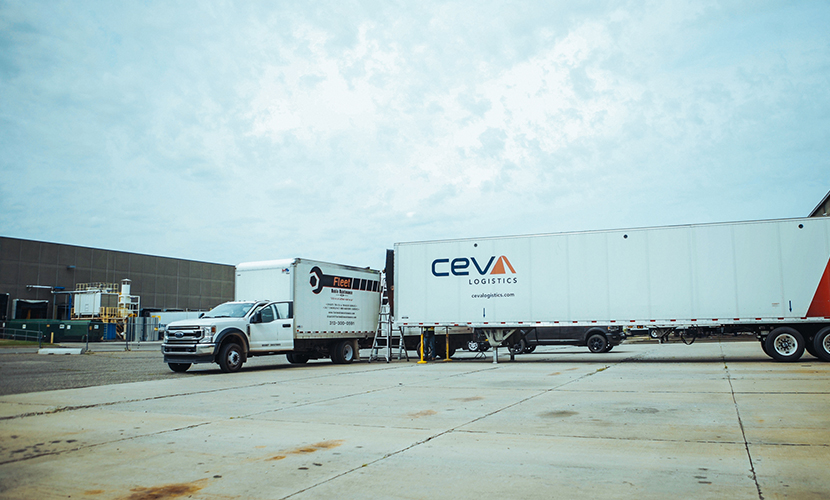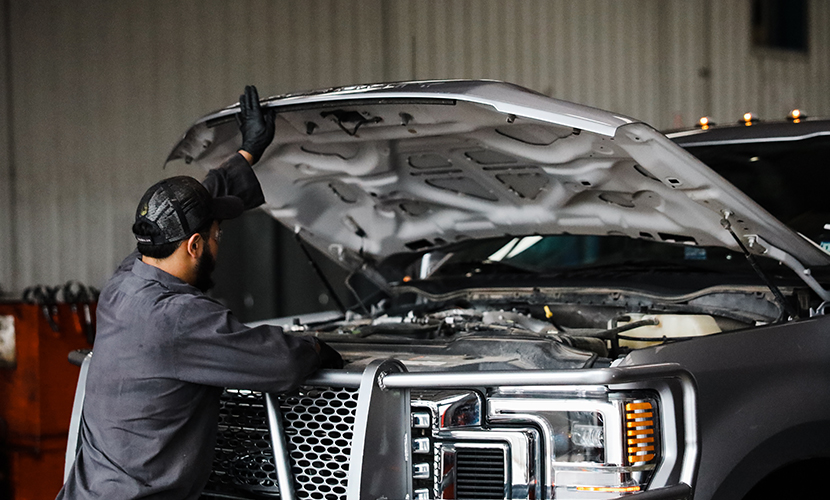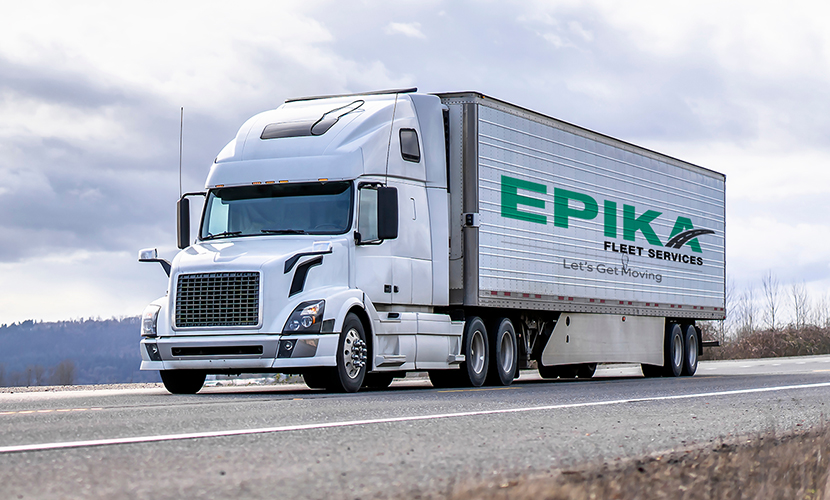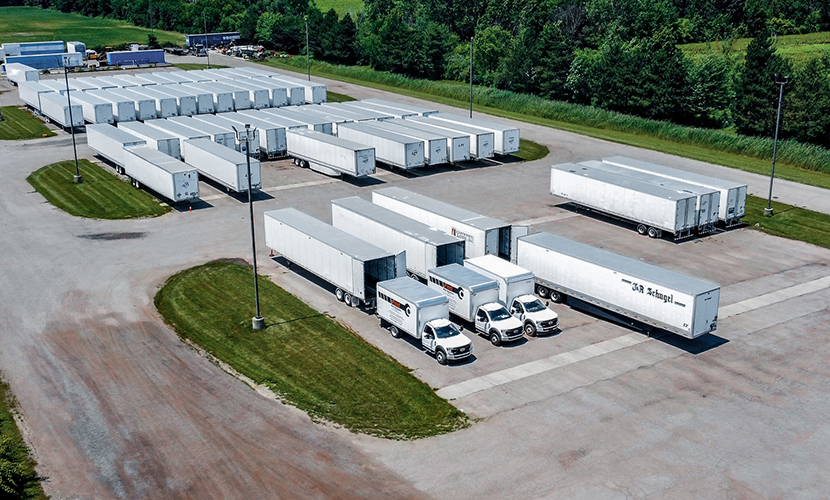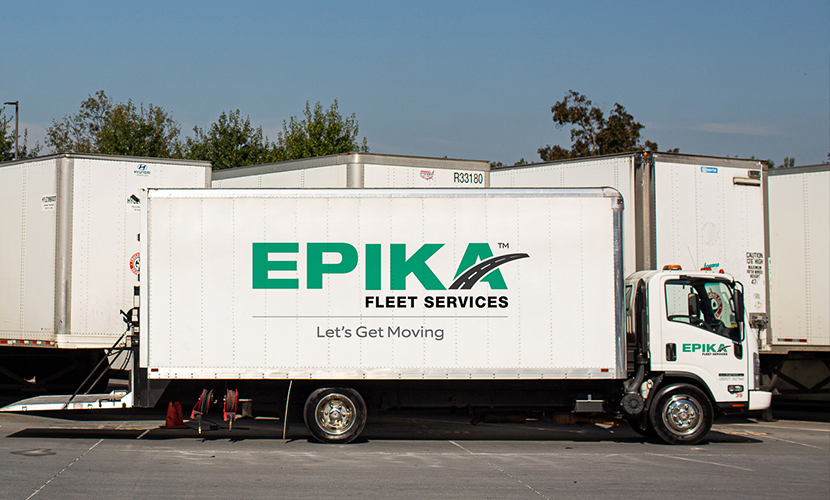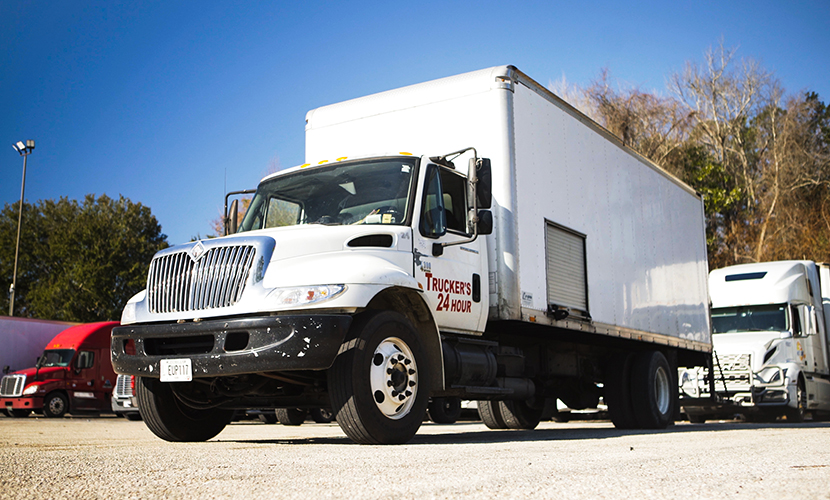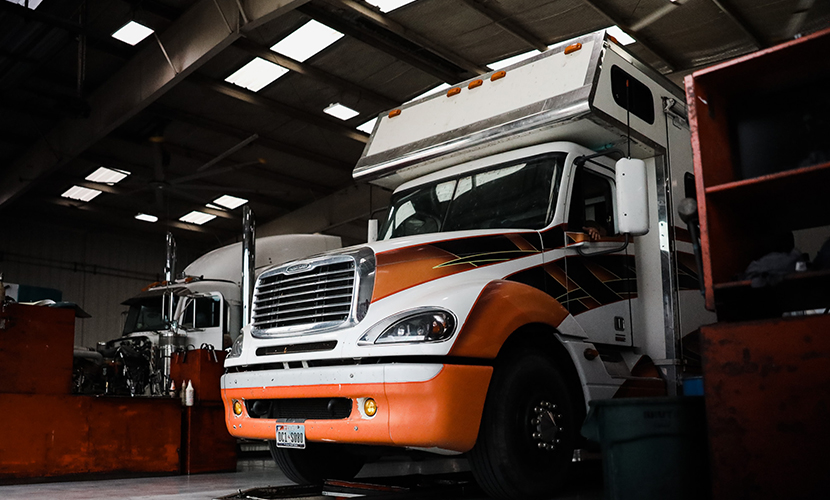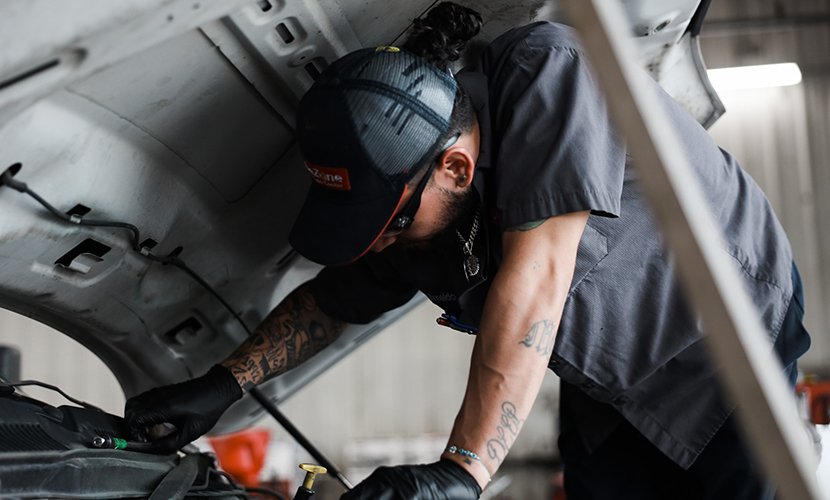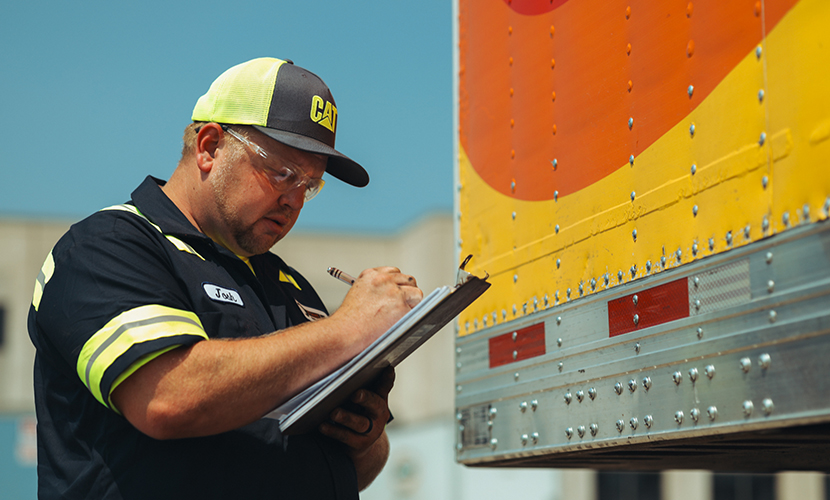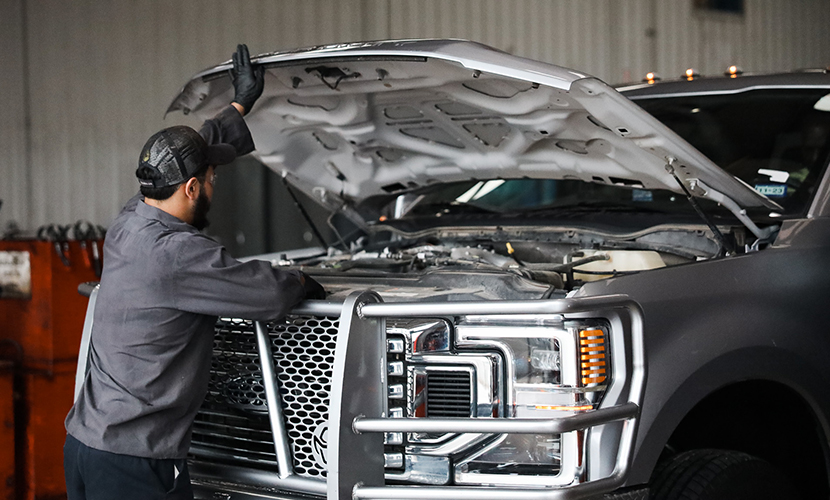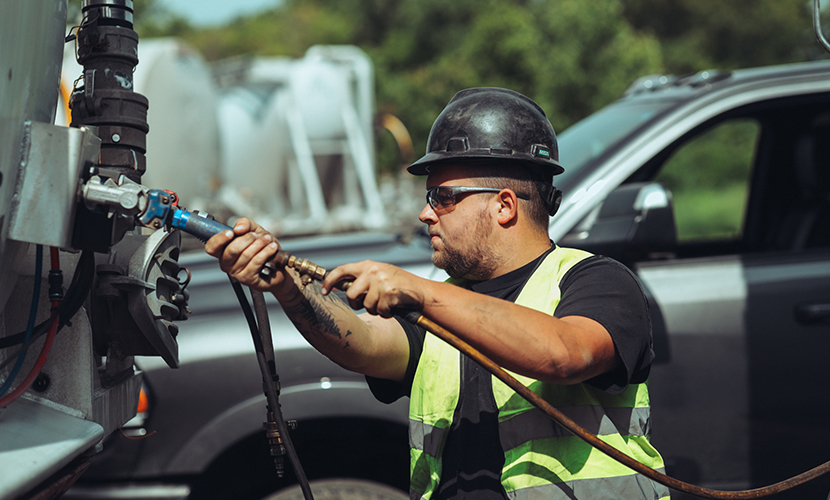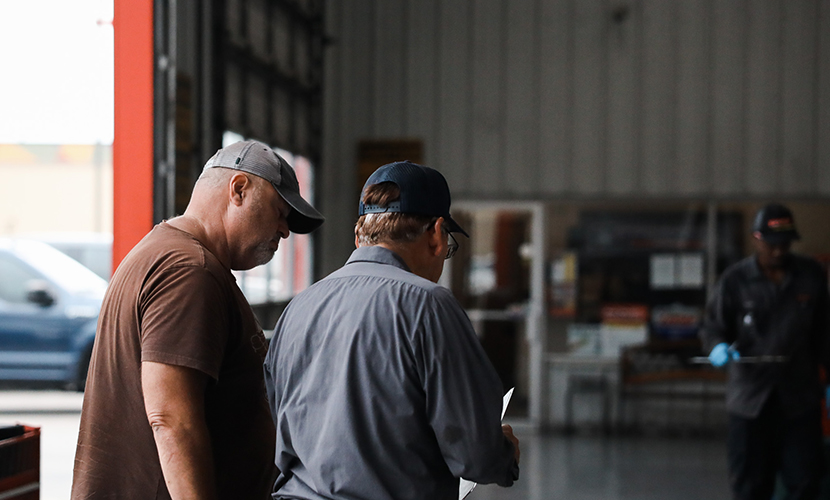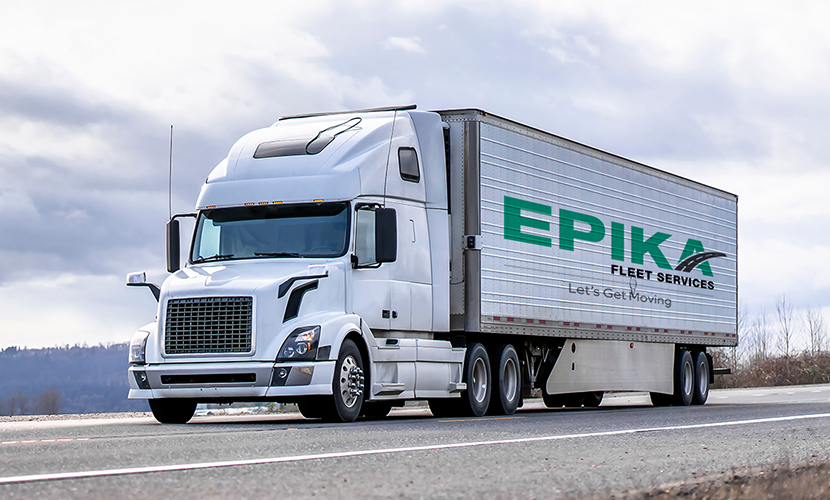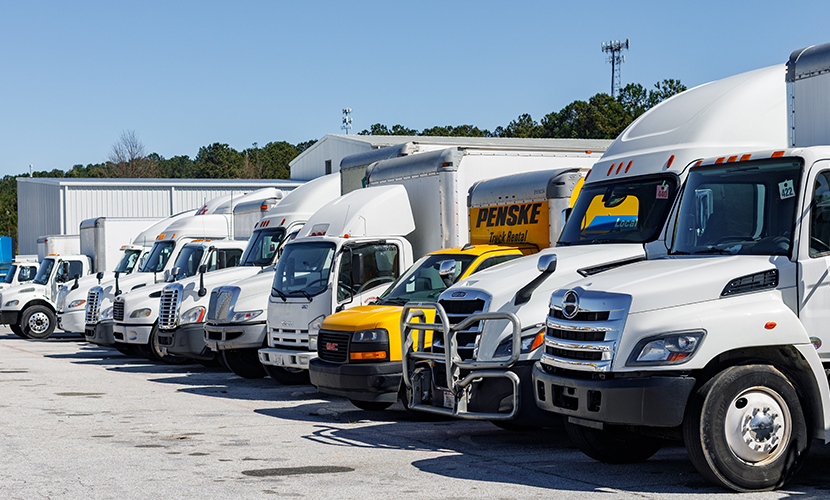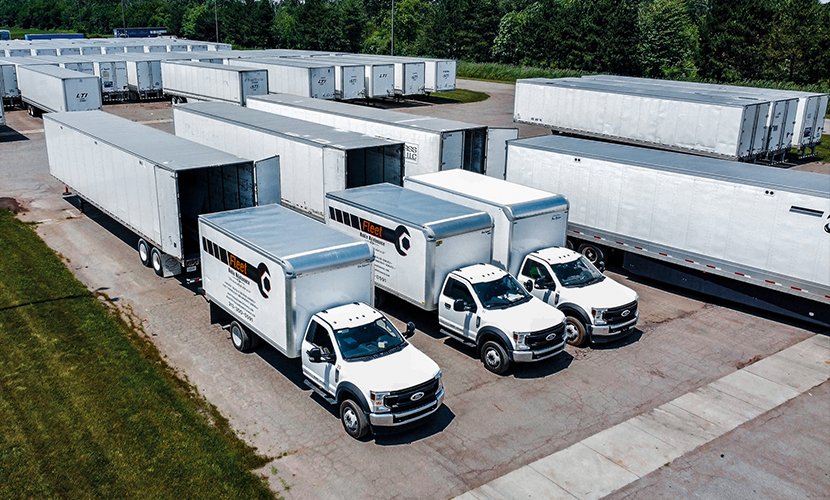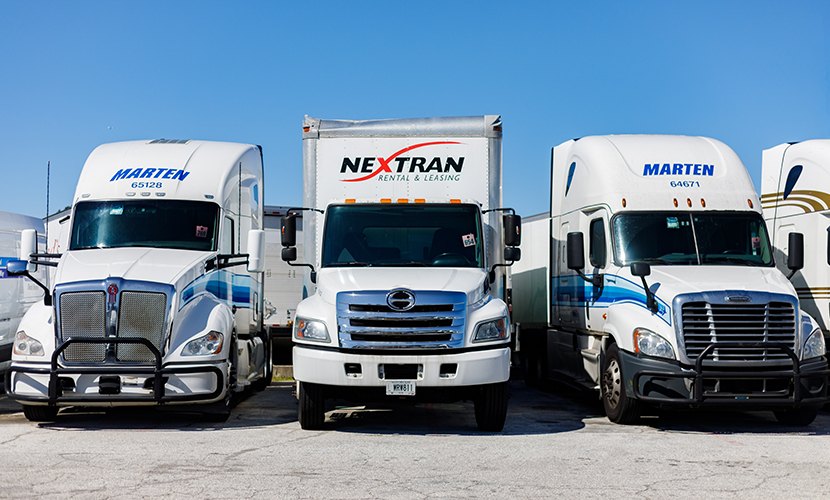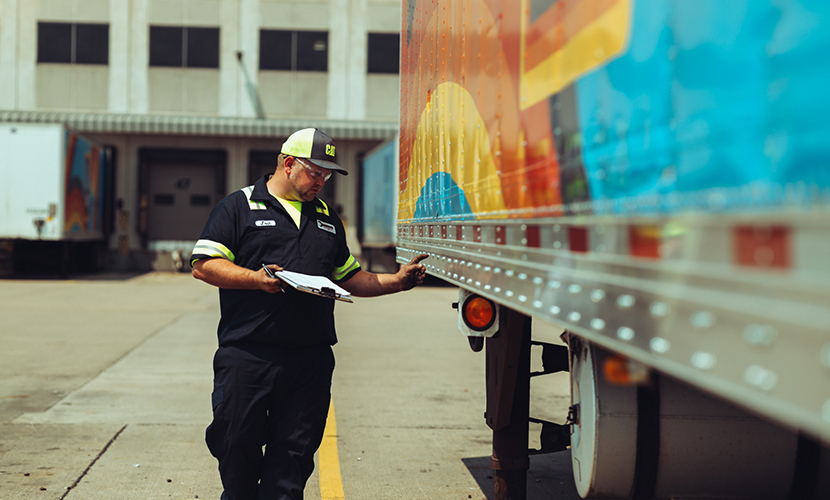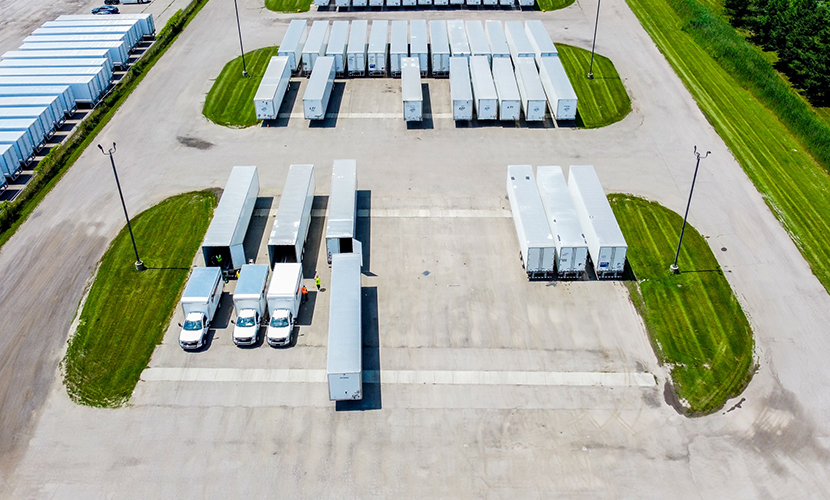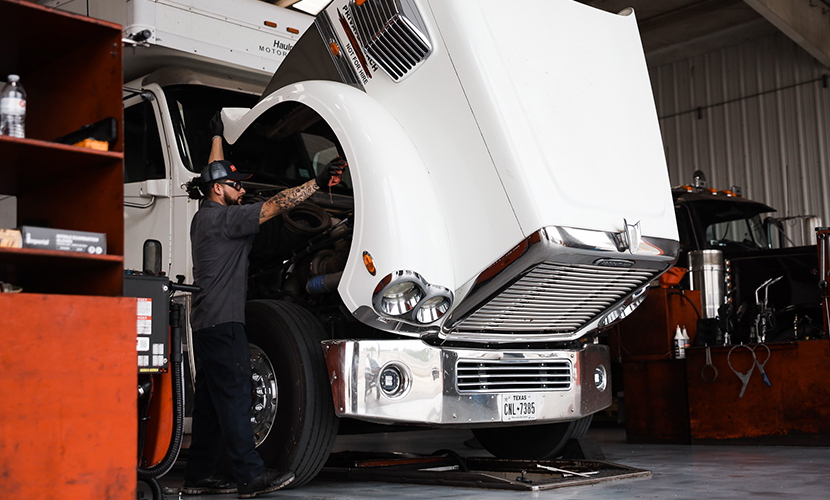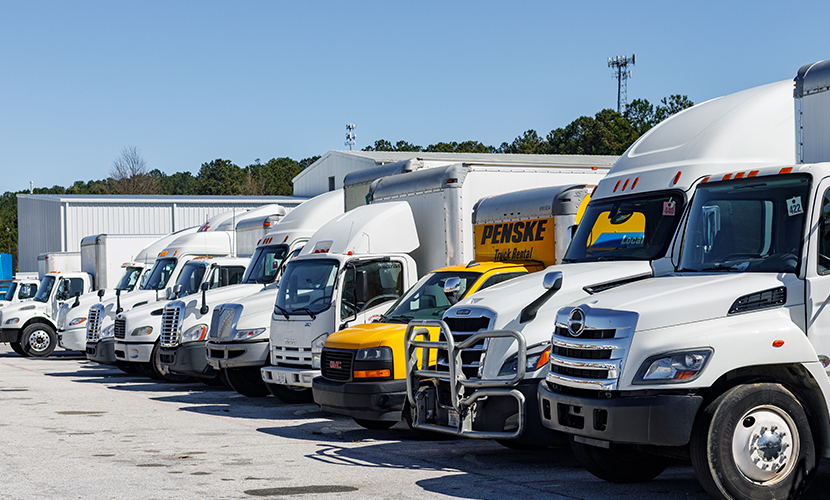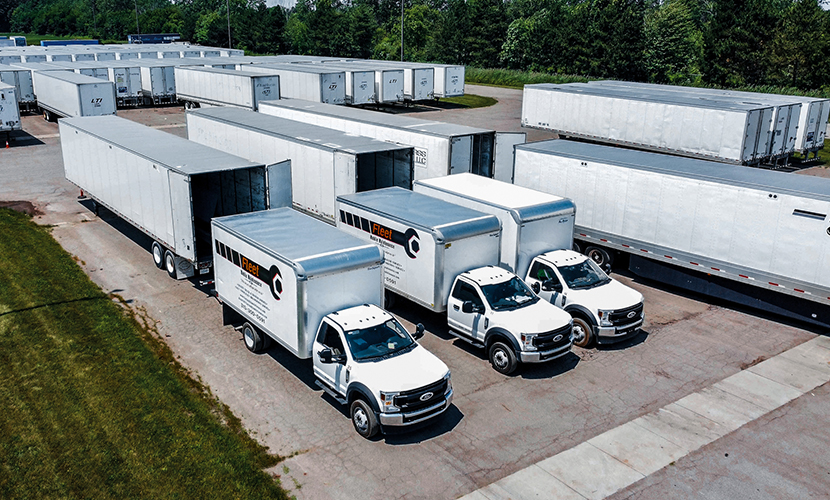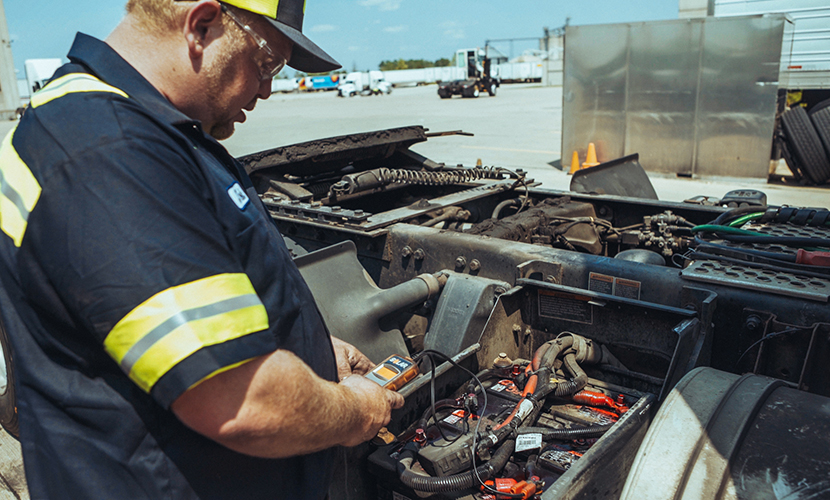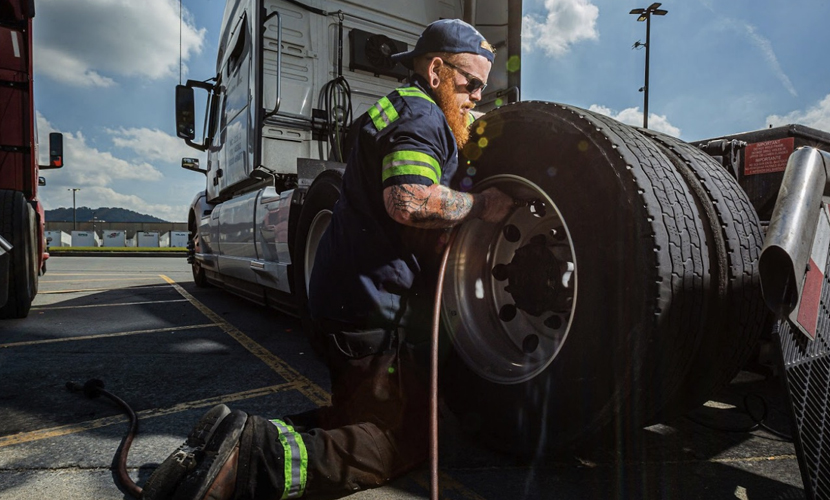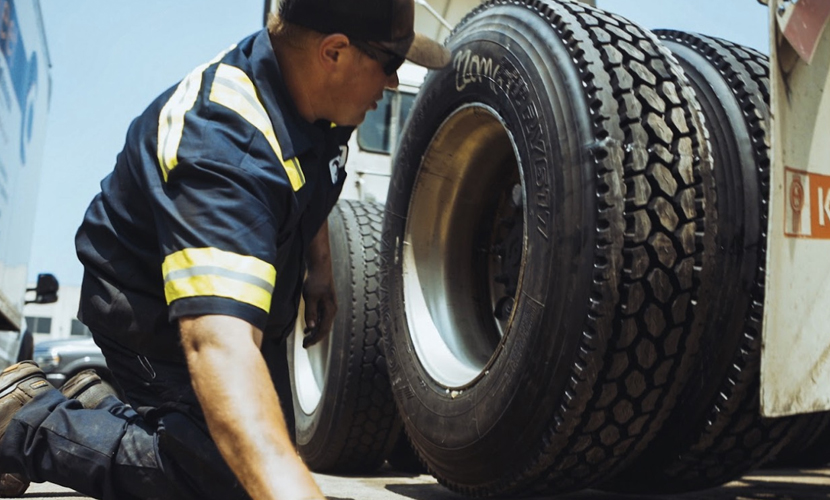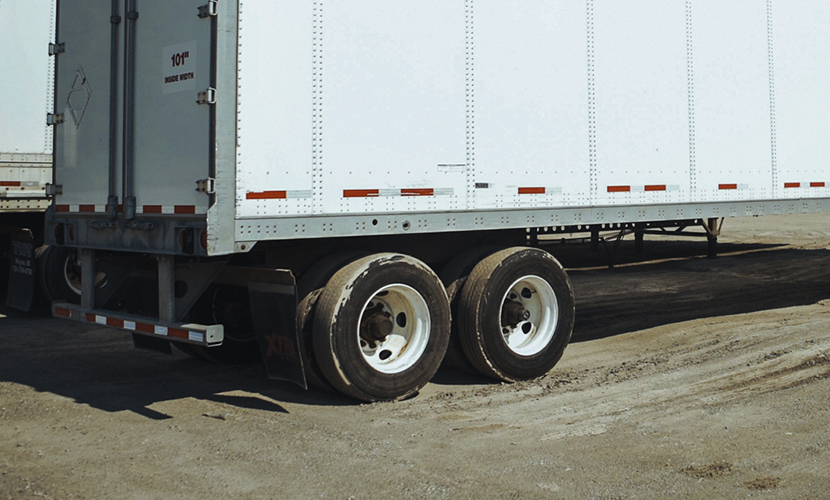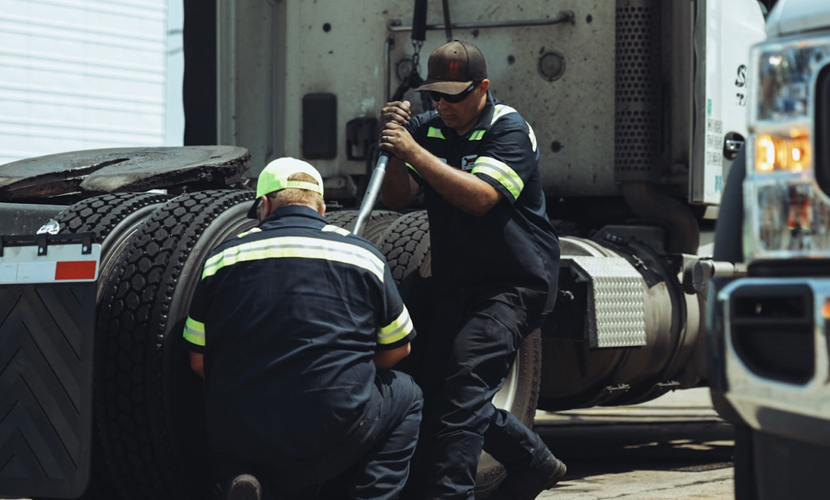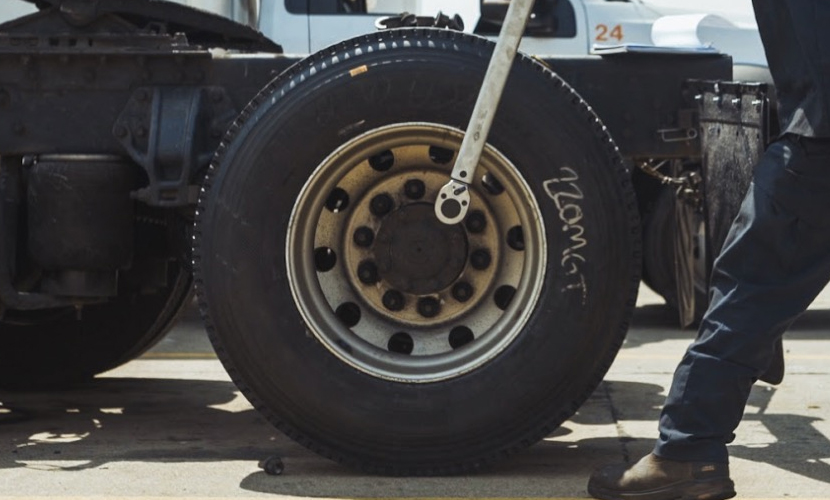[Guide] How to Make Your Company Fleet More Sustainable
There’s an increasing awareness, nationally and globally, of the impact humanity has had over the past centuries on the environment. Everything is coming under scrutiny, from petroleum production to cargo ships to farming to the clothing we wear. It’s no surprise that one of the biggest targets is worldwide logistics, shipping, and fleets.
Any company operating a fleet should strive to be more sustainable and environmentally friendly. Why? There are many benefits.
- You can take part in proactive methods to reduce climate change and environmental damage.
- You can market that you take those proactive actions and win public support.
- There are often grants from governments and third parties for proactive climate actions.
- You can bid and win contracts that are only available to sustainable logistics companies.
- An increasing number of places are being designated “Clean Air Zones” where a less green fleet may be prohibited from entering.
- Many green and sustainable changes are also benefits to cost-effective operation and efficiency.
Sustainability is more than just a buzzword. It’s a series of tangible, effective business practices that can boost operations, reduce expenses, and have a serious beneficial impact both locally and globally. The only question is, how can your fleet push to be more sustainable in 2024 and beyond?
Step 1: Assess Your Current State and Set SMART Goals
The first thing you need to do is set tangible goals to work towards. You can’t just say you want to “be more sustainable” without having any idea what that means. By setting goals, you can then develop a plan and a timeline to reach them.
Goals should be SMART. SMART is an acronym that helps define the goals you set for your business.
- Specific. A goal should have a specific metric that seeks to reach a specific target.
- Measurable. A goal should follow some specific metric that can be monitored to watch progress and benchmark actions you take.
- Achievable. A goal should be something reasonable to achieve rather than pie-in-the-sky goals you’d have no way of actually living up to.
- Relevant. The other elements of the goal need to be relevant and important to the overall goal.
- Timely. The goal needs to have a timeline for achieving it or milestones towards reaching it.
For a sustainable fleet, a SMART goal might be to reduce carbon emissions by 75% by 2030, to be net zero by the same date, or even something as comparatively simple as switching to all-electric vehicles by the end of the year.

In order to set SMART goals, you need to know what the current state of your fleet is in terms of emissions, efficiencies, and operations. Some of this data is likely already available and perhaps already utilized in your fleet management platform. Other data might need to be identified and harvested or derived and calculated in order to establish a baseline. If you don’t know where you are, it’s hard to plan a route to get where you’re going, right?
So, learn where you are and what your current situation is. Set goals and timelines to reach those goals. Then, break down those goals into specific milestones you can reach along the way. Once you have that plan, you can start to develop the specific strategies and changes you can make to achieve those goals and milestones.
Now, let’s get into more specifics about what you can change and do to help make your fleet more sustainable. We’ve broken these tips into specific categories based on where the change needs to originate and what it affects.
Driver Behavior Adjustments for Sustainability
Driver behavior can be a significant source of climate impact. While it might not seem like a single driver being slightly inefficient with their habits is going to have a huge impact, when you consider all of those “minor” factors adding up across the whole of a fleet across an entire year of operations, you can see how changes to baseline habits can make a difference.

Changes drivers can make to be more efficient and climate-friendly include:
- Reducing idling: The more time a truck is running, the more emissions it puts out.
- Slower maximum speeds. The optimal speed for logistics trucks is around 60 MPH; the faster you go above that, the more inefficient your fuel usage.
- Avoiding harsh speed changes. Harsh acceleration burns more fuel than a slower, more gradual acceleration; similarly, harsh braking wastes more energy and puts more wear on brakes and tires, which shed particles that can damage the environment as well.
- Encourage more proactive inspection and maintenance. Even something as simple as proper tire inflation can have a surprisingly outsized impact on overall vehicle efficiency.
All of this can have a surprisingly immediate impact and requires nothing more than some driver training, coupled with monitoring from your telematics (but more on that later.)
One thing to note here is that you can’t rely on self-driving vehicles to save you here. For one thing, self-driving or autonomous trucks are still a number of years out before they’ll be adoptable and more before they’re affordable for most fleets. Second, they tend to work best only for long-haul trips like highway journeys, and even then, only in ideal conditions. If you operate in tricky areas, urban areas, last-mile deliveries, or inclement weather, you’ll have a much harder time using the technology. Don’t rely on future advancements to jump you to your goals without putting in the work.
Vehicle and Equipment Changes for Sustainability
Replacing fleet vehicles is always an immense expense, and given the relatively tight margins upon which many fleets operate, it can be a tall order to make the switch. However, switching to vehicles that can run on greener alternative fuels – or even switching to entirely electric trucks – can go a long way towards helping to make your fleet more sustainable.
Switching to entirely electric vehicles is a tall order. In many cases, you may be better off investing in conversions or new vehicles that split the difference. Hybrid vehicles, or even just vehicles that use alternative, more efficient, or sustainable fuel sources, can be a good middle-of-the-road step, especially if you don’t have the electric vehicle infrastructure in your area necessary to support operations. Unfortunately, all-electric may not be accessible until your region catches up with infrastructure investment.
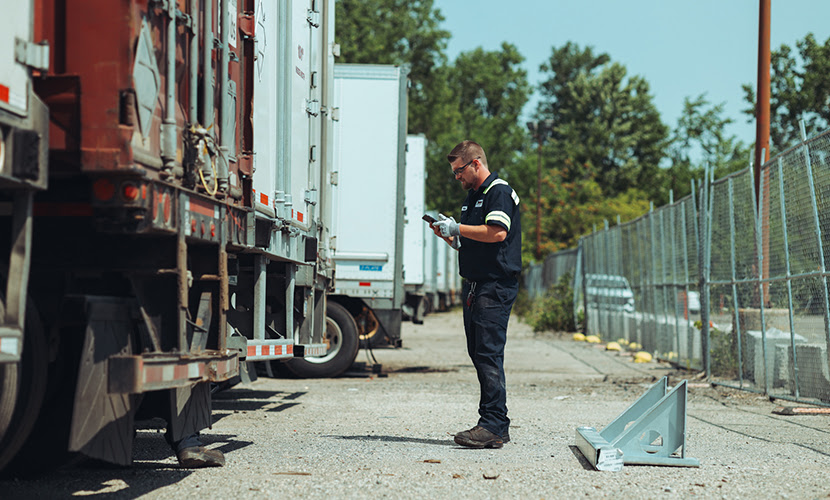
All of that said, electric trucks, in particular, can be an excellent way to make your fleet more sustainable. While there’s still the question of where the electricity comes from, an increasing amount of electricity is generated through sustainable and renewable sources like wind, solar, and hydroelectric. As an added bonus, if you have the real estate for it, you can potentially even set up your own solar charging stations in your home base to offset some of the charging needs and costs of operating an electric fleet.
This may involve some calculation. Identify what the cost would be to invest in and keep an electric truck in operation and monitor the cost of operating and repairing a petrofuel vehicle; when the cost of maintaining the older vehicle exceeds your threshold, upgrade to an electric vehicle and ditch the run-down truck. This can be a rolling improvement, but each new investment has an immediate and tangible impact on your fleet’s sustainability.
If possible, consider timing your purchases. Oftentimes, governments and some third-party interest groups provide grants or rebates on electric and sustainable vehicles and infrastructure investment, but these can also be eaten up and run out in the first quarter of the year. You may be able to plan your improvements to be timed so that you qualify for those grants to ease the burden and improve your investment.
Fleet Management Changes for Sustainability
First up, you need to implement and use a robust tracking and telematics system for your fleet. Use Active GPS so you always have robust location information for your vehicles. Make sure your telematics harvests as much data as you can and feeds it directly into your fleet management platform. This way, you have as much data as possible to use to optimize your fleet company-wide. This does two things.
- It allows you to figure out where the biggest strategies you can implement for the biggest immediate change would be; in other words, it helps you identify the low-hanging fruit to focus your efforts on.
- It allows you to see the direct and tangible impact of any changes you make, so you have the data to use in the (M)easurable part of your SMART goals. After all, how do you know any of your efforts bear fruit if you aren’t monitoring the harvest?
This may involve fleet-wide expenses as you upgrade and configure your telematics and tracking systems. Unfortunately, that’s just the cost of participation in the proactive changes you want to make. Our best advice is to put serious thought and research into the systems you use and be as future-proofed as possible. The cheaper you are with your telematics, the less useful the data will be, and the sooner you will need to upgrade again to keep up.
Don’t forget, as well, that sustainability in operations can go beyond just your fleet. There may be many cases where your company still uses paper where digital solutions are readily available. The transition can be time-consuming, but paperless systems are often more reliable, free of human error, faster, and much more sustainable. You need to think about not just your fleet itself but the whole of your company’s operations.
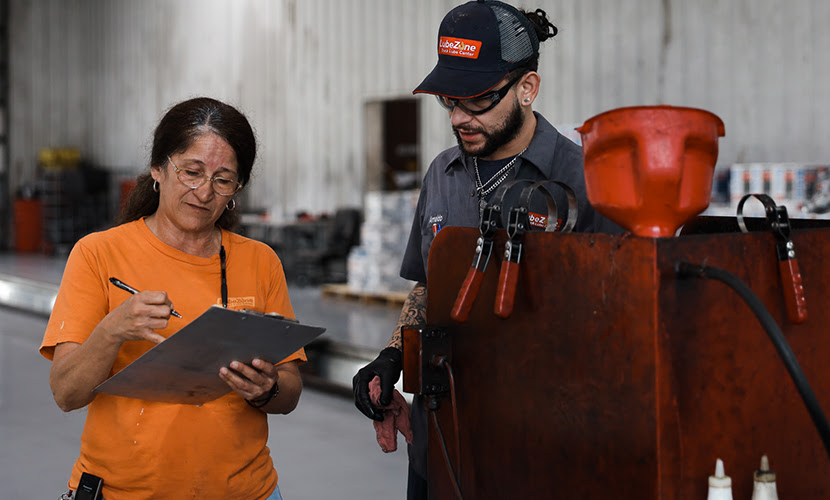
Another fleet management option you have is optimizing your fleet utilization and routing. Most logistics companies have some idea of what routes they need vehicles to handle on what days; optimizing which vehicles start and end where and when is a complex problem, but modern fleet management platforms can help significantly with this optimization. For more on-demand fleet usage, optimizing anything from specific routes across the city to which people are called for which jobs can be very significant and can even be invisible to the drivers, adding no additional burden to your employees.
A potentially more extreme option you have available to you is fleet right-sizing. Some fleets have excess vehicles in operation, which means drivers get fewer hours, vehicles spend more time idle, and inefficiencies add up. Conversely, some fleets have too few drivers and vehicles, meaning some are kept on the road far more than they should, and it encourages inefficient and dangerous driver habits to meet deadlines and quotas. Figure out how many vehicles you should have, and either add more or remove some from your fleet to meet that ideal size.
Note: Remember that the right size is not necessarily the bare minimum. Insulating yourself from catastrophe is a big part of proper right-sizing. If one vehicle is taken out of service by a highway collision, that shouldn’t devastate your company.
Throughout all of this, it’s important to keep an eye on your milestones and goals. Which ones do you reach or exceed, and which ones do you meet faster than expected? Which ones do you struggle to reach? Your goals should be iterative, moving targets. Always strive for improvement. Standards will change, technology will improve, and what may be in the top 10% of sustainable fleets today might not even be in the top 50% in a few years. Always work towards improvement.
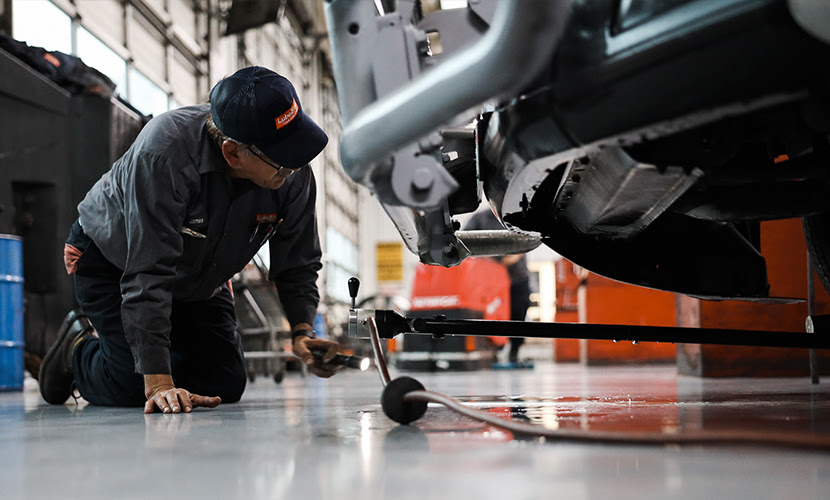
Finally, it can be extremely beneficial to invest in proactive maintenance. Keeping your vehicles in tip-top shape does a lot to keep you more sustainable. Clean and efficient engines burn less fuel and emit fewer traffic-related pollution particles, smoother operation is safer operation, and you have fewer cases of a vehicle taken out of service, leaving the rest of your fleet to inefficiently pick up the slack.
Fortunately, we can help with this. Our nationwide network of service providers is an excellent way for you to link your company up to easy, proactive maintenance. All you need to do is find a service provider (which you can do right here on our website), and you’re ready to get started.

